Bhoomi kaushik
Get Real Experts on your side
Before venturing to seek career counseling, answer a few basic questions so we can connect you with our best expert counselor for personalised guidance and mentorship.




Bhoomi kaushik
05/07/2024
Choosing the right professional course after completing 12th science is a crucial step towards shaping your career. With a multitude of options available, it can be challenging to decide which path to follow. Here’s a comprehensive guide to some of the best professional courses you can consider after 12th science, each offering unique opportunities and career prospects.
1. Engineering: -
Engineering courses encompass a broad range of disciplines that apply scientific principles and mathematical techniques to innovate, design, and analyze structures, machines, systems, and processes. Popular branches include Mechanical Engineering, focusing on the design and manufacturing of mechanical systems; Civil Engineering, which deals with the construction and maintenance of infrastructure; Electrical Engineering, covering the study of electrical systems and electronics; Computer Science Engineering, emphasizing software development and computer systems; and Electronics and Communication Engineering, which involves the development of communication systems and electronic devices. These courses equip students with problem-solving skills, technical knowledge, and practical experience, preparing them for diverse roles in industries such as IT, manufacturing, construction, and telecommunications, among others.
Popular Branches:
1. Mechanical Engineering - Mechanical Engineering focuses on the design, analysis, and manufacturing of mechanical systems and machinery. It encompasses areas like robotics, automotive engineering, and thermodynamics, providing diverse career opportunities in various industries.
2. Civil Engineering - Civil Engineering involves the planning, design, and construction of infrastructure projects such as buildings, roads, bridges, and water systems. It plays a crucial role in developing sustainable and resilient communities.
3. Electrical Engineering - Electrical Engineering focuses on the study and application of electricity, electronics, and electromagnetism to develop electrical systems and devices. It prepares students for careers in industries like power generation, telecommunications, and electronics design.
4. Computer Science Engineering - Computer Science Engineering focuses on the design, development, and maintenance of software and hardware systems. It equips students with skills in programming, algorithms, and system architecture, preparing them for careers in software development, cybersecurity, and data analysis.
5. Electronics and Communication Engineering - Electronics and Communication Engineering focuses on designing, developing, and testing electronic equipment and communication systems. This field combines principles of electrical engineering with modern communication technologies to enhance information transmission and connectivity.
Career Prospects: Engineers are in high demand across various industries such as IT, construction, manufacturing, and more. They can work as design engineers, project managers, consultants, and in research and development.
2. Medicine:-
Medicine courses after 12th science provide a gateway to the healthcare profession, focusing on diagnosing, treating, and preventing illnesses. These courses, including MBBS (Bachelor of Medicine, Bachelor of Surgery), BDS (Bachelor of Dental Surgery), BAMS (Bachelor of Ayurvedic Medicine and Surgery), BHMS (Bachelor of Homeopathic Medicine and Surgery), and BPT (Bachelor of Physiotherapy), offer rigorous training in medical science and clinical practices. Students learn through a combination of theoretical knowledge and practical experience in hospitals and clinics. Graduates can pursue careers as doctors, dentists, ayurvedic and homeopathic practitioners, or physiotherapists, working in diverse healthcare settings such as hospitals, clinics, and private practice, with opportunities for specialization in various medical fields.
1. MBBS (Bachelor of Medicine, Bachelor of Surgery) – MBBS is a comprehensive medical degree focusing on training students to diagnose, treat, and prevent diseases. It equips graduates with the knowledge and skills to become licensed medical practitioners in various healthcare settings.
2. BDS (Bachelor of Dental Surgery) - BDS (Bachelor of Dental Surgery) focuses on the diagnosis, prevention, and treatment of dental and oral diseases. Graduates become qualified dentists, working in clinics, hospitals, or private practice.
3. BAMS (Bachelor of Ayurvedic Medicine and Surgery) – BAMS is a traditional Indian medical degree integrating Ayurvedic principles with modern medical sciences, training students to diagnose, treat, and prevent diseases using herbal remedies and holistic approaches. Graduates can practice as Ayurvedic doctors, emphasizing natural healing and wellness.
4. BHMS (Bachelor of Homeopathic Medicine and Surgery) – BHMS is a specialized medical course focusing on holistic healing through homeopathic principles and remedies. Graduates can practice as homeopathic doctors, offering natural and personalized treatments for various health conditions.
5. BPT (Bachelor of Physiotherapy) - BPT equips students with the skills to rehabilitate patients through physical methods, focusing on restoring movement and function. Graduates can work in hospitals, sports clinics, and rehabilitation centers, helping patients recover from injuries and improve their quality of life.
Career Prospects: Medical professionals can work in hospitals, clinics, and research facilities. They can also specialize in fields such as cardiology, neurology, pediatrics, and more.
3. Pharmacy :-
Pharmacy courses offer comprehensive education in medicine, focusing on the preparation, dispensation, and safe use of drugs. The primary undergraduate degrees include the Bachelor of Pharmacy (B.Pharm) and Diploma in Pharmacy (D.Pharm). B.Pharm typically spans four years and covers pharmaceutical sciences, medicinal chemistry, pharmacology, pharmacognosy, and pharmacy practice. Students learn about drug formulations, quality assurance, and healthcare ethics. D.Pharm, a shorter program, emphasizes practical training in pharmacy practice and pharmaceutical sciences. Both courses equip graduates with essential skills to work as pharmacists, ensuring medication safety, advising patients on drug usage, managing pharmacies, and contributing to healthcare teams in hospitals, clinics, or community settings. Career opportunities extend to pharmaceutical research, regulatory affairs, and academia, with options for specialization in areas like clinical pharmacy, industrial pharmacy, or Pharmacoeconomics.
1. B.Pharm (Bachelor of Pharmacy) - Bachelor of Pharmacy (B.Pharm) is a four-year undergraduate program focusing on pharmaceutical sciences, drug formulation, and pharmacy practice, preparing graduates for careers as pharmacists in healthcare settings. Graduates play essential roles in ensuring safe medication use, patient counseling, and pharmaceutical research.
2. D.Pharm (Diploma in Pharmacy) - Diploma in Pharmacy (D.Pharm) is a shorter, practical-oriented program typically spanning two years, focusing on pharmacy practice, drug dispensation, and basic pharmaceutical sciences. Graduates of D.Pharm can work as pharmacy technicians or pursue further studies in pharmacy-related fields.
Career Prospects: Pharmacists can work in hospitals, retail pharmacies, pharmaceutical companies, and regulatory agencies. They can also pursue careers in research and development or academia.
4. Architecture:-
Architecture courses typically focus on the art and science of designing and constructing buildings that are functional, aesthetic, and sustainable. The primary course in this field is the Bachelor of Architecture (B.Arch), which spans over five years and includes both theoretical and practical learning. Students learn about architectural design principles, building materials and construction techniques, urban planning, environmental sustainability, and the historical and cultural aspects of architecture. The curriculum often includes studio classes where students work on design projects under the guidance of experienced architects, allowing them to develop their creativity and technical skills. Architecture courses emphasize the importance of integrating technology, creativity, and practical knowledge to create spaces that meet social, cultural, and environmental needs. Graduates of architecture programs are prepared for careers in architectural firms, construction companies, urban design agencies, and can pursue further specialization through postgraduate studies if desired.
1. B.Arch (Bachelor of Architecture) - Bachelor of Architecture is a five-year undergraduate program that equips students with skills in architectural design, construction technology, and sustainable development, preparing them for careers as licensed architects in various sectors.
Career Prospects: Architects can work with architectural firms, construction companies, and government agencies. They can also venture into interior design, urban planning, and landscape architecture.
5. Computer Applications and IT:-
Computer Applications and IT courses are designed to equip students with the knowledge and skills required to thrive in the dynamic world of technology. Programs such as BCA (Bachelor of Computer Applications) and B.Sc in IT or Computer Science focus on fundamental concepts of programming, database management, software development, and computer networks. These courses typically include practical training alongside theoretical learning, enabling students to apply their knowledge in real-world scenarios. Graduates from these programs are prepared for diverse career paths in the IT industry, including roles as software developers, system analysts, IT consultants, and network administrators. The field offers ample opportunities for growth, innovation, and specialization, making it an excellent choice for those passionate about technology and its applications in various sectors of the economy.
1. BCA (Bachelor of Computer Applications) - BCA focuses on programming languages, software development, and computer applications, preparing graduates for roles in software engineering, IT consultancy, and system management. It combines theoretical knowledge with practical skills in computing, fostering expertise in software development and information systems.
2. B.Sc (Information Technology) - B.Sc in Information Technology focuses on the study of software development, database management, and IT systems. Graduates are prepared for roles in software engineering, IT consulting, and system analysis.
3. B.Sc (Computer Science) - B.Sc in Computer Science emphasizes theoretical foundations and practical applications of computing, preparing graduates for roles in software development, data analysis, and IT management. It covers areas like algorithms, programming languages, computer architecture, and artificial intelligence, providing a solid foundation for a career in the tech industry.
Career Prospects: Graduates can work as software developers, data analysts, network administrators, and IT consultants. The tech industry offers dynamic career growth and lucrative salaries.
6. Biotechnology :-
Biotechnology courses focus on applying biological principles and techniques to develop products and technologies that benefit society. Typically offered as B.Tech or B.Sc programs, these courses cover a wide range of subjects such as molecular biology, genetics, biochemistry, microbiology, and bioprocess engineering. Students learn how to manipulate biological systems for practical applications, including pharmaceuticals, agriculture, healthcare, and environmental management. The curriculum includes hands-on laboratory work, where students gain skills in genetic engineering, bioprocessing, and bioinformatics. Graduates of biotechnology programs can pursue careers in research and development in biotech companies, pharmaceutical firms, agricultural industries, and environmental organizations, or they can opt for further studies and specialization in areas like medical biotechnology or industrial biotechnology. The field offers exciting opportunities at the forefront of scientific innovation and application.
1. B.Tech/B.Sc in Biotechnology - B.Tech / B.Sc in Biotechnology equips students with expertise in manipulating biological systems for applications in medicine, agriculture, and environmental science. Graduates pursue careers in research, development, and innovation within biotech industries globally.
Career Prospects: Biotechnologists can work in research labs, pharmaceutical companies, agricultural firms, and environmental organizations. They can also pursue higher studies and specialize in areas like genetic engineering and bioinformatics.
7. Nursing :-
Nursing courses, particularly the Bachelor of Science in Nursing (B.Sc Nursing), equip students with the knowledge and skills necessary to provide compassionate and competent care to patients across various healthcare settings. The curriculum typically includes a blend of theoretical learning and practical training, covering subjects such as anatomy, physiology, pharmacology, nursing ethics, and patient care techniques. Clinical rotations in hospitals and community settings allow students to apply their learning in real-world scenarios under the supervision of experienced nurses and healthcare professionals. Graduates of nursing programs are prepared to work as registered nurses (RNs) and can specialize in areas such as pediatric nursing, critical care, mental health nursing, and more. Nursing careers offer opportunities for professional growth, job stability, and the fulfillment of making a positive impact on patients' lives through healthcare provision and advocacy.
1. B.Sc Nursing - A B.Sc Nursing program prepares students to become registered nurses (RNs) through comprehensive education in healthcare, clinical skills, and patient care. Graduates can pursue diverse career paths in hospitals, clinics, and community health settings, specializing in areas like pediatrics, critical care, and public health.
Career Prospects: Nurses can work in hospitals, clinics, community health centers, and schools. They can also specialize in areas like critical care, pediatrics, and oncology.
8. Environmental Science :-
Environmental Science courses typically offer a comprehensive understanding of the natural environment, its processes, and human impact on ecosystems. Students delve into subjects such as ecology, biodiversity, climate change, pollution control, and sustainable development. Practical training often includes fieldwork, laboratory experiments, and case studies to apply theoretical knowledge to real-world environmental issues. Courses may also cover environmental laws and policies, preparing students for roles in environmental management, conservation, research, and advocacy. Graduates can pursue careers in government agencies, non-profit organizations, consulting firms, and industries aiming to mitigate environmental impacts and promote sustainable practices globally.
1. B.Sc in Environmental Science - A B.Sc in Environmental Science provides in-depth knowledge of ecological systems, pollution management, and sustainable practices, preparing graduates for careers in environmental conservation and management roles across various sectors. Graduates contribute to solving global environmental challenges through scientific research, policy development, and practical environmental stewardship.
Career Prospects: Environmental scientists can work with government agencies, NGOs, and private firms. They can engage in research, environmental planning, and conservation projects.
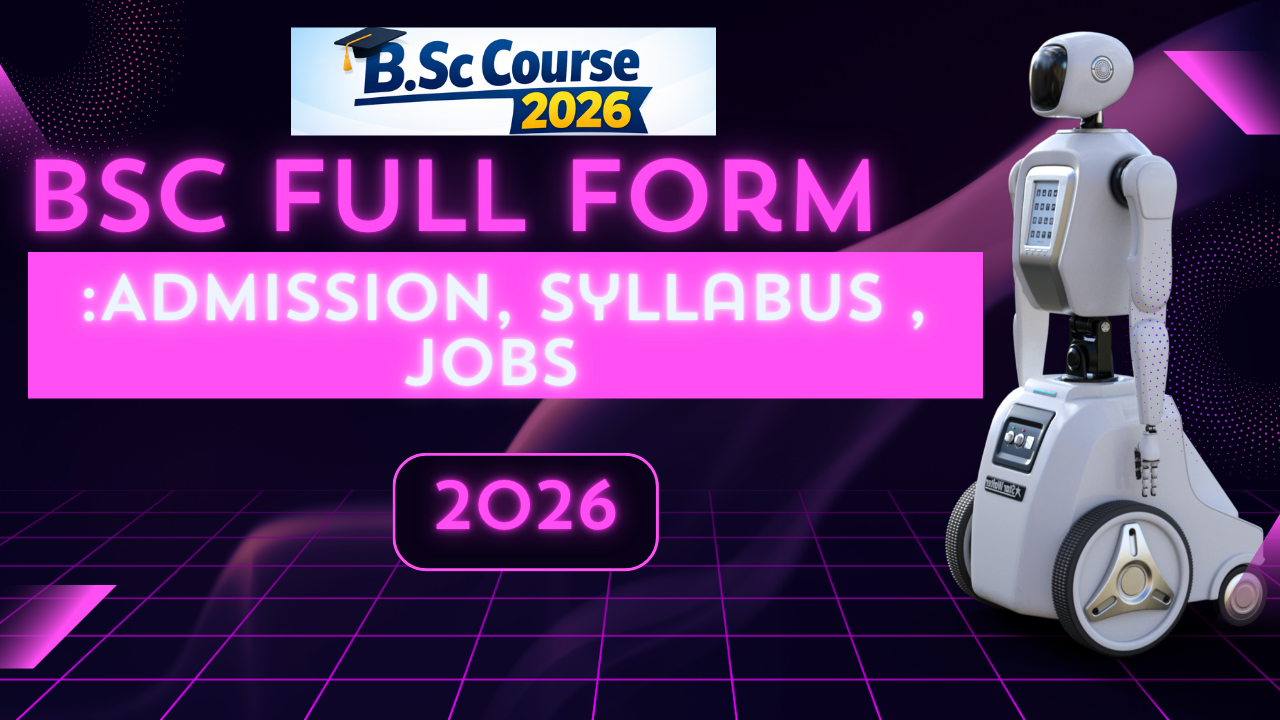
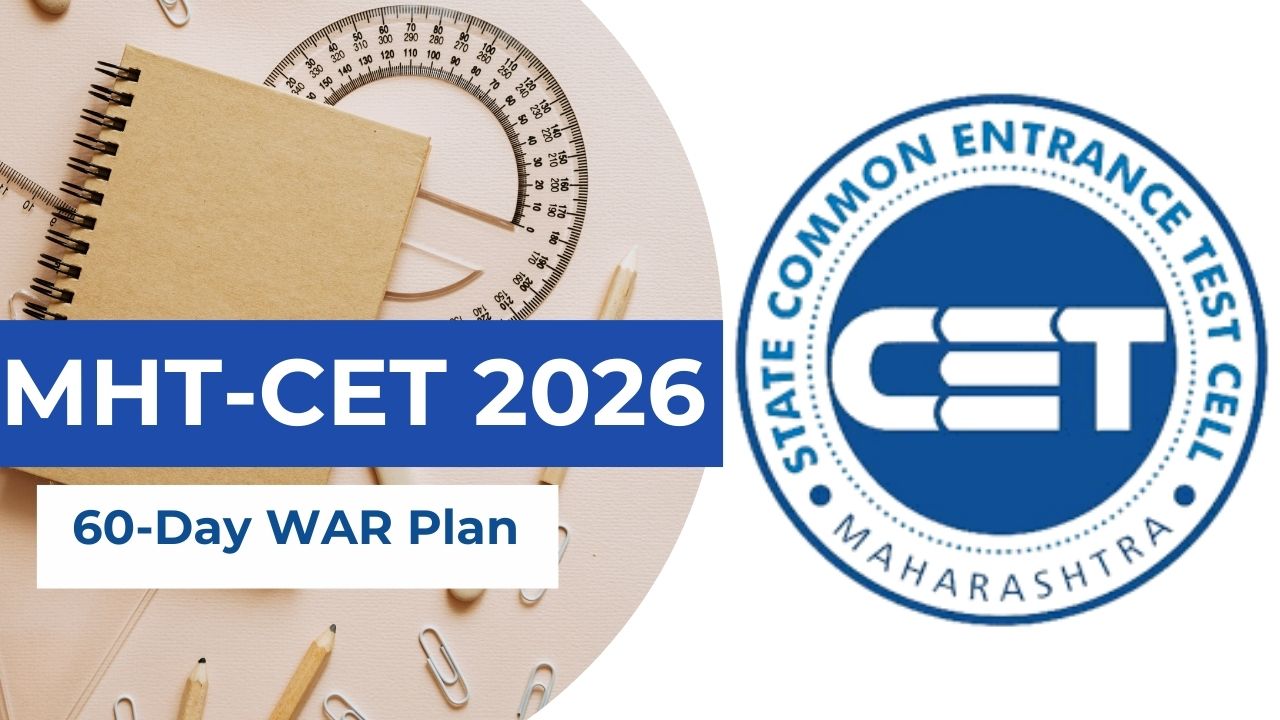






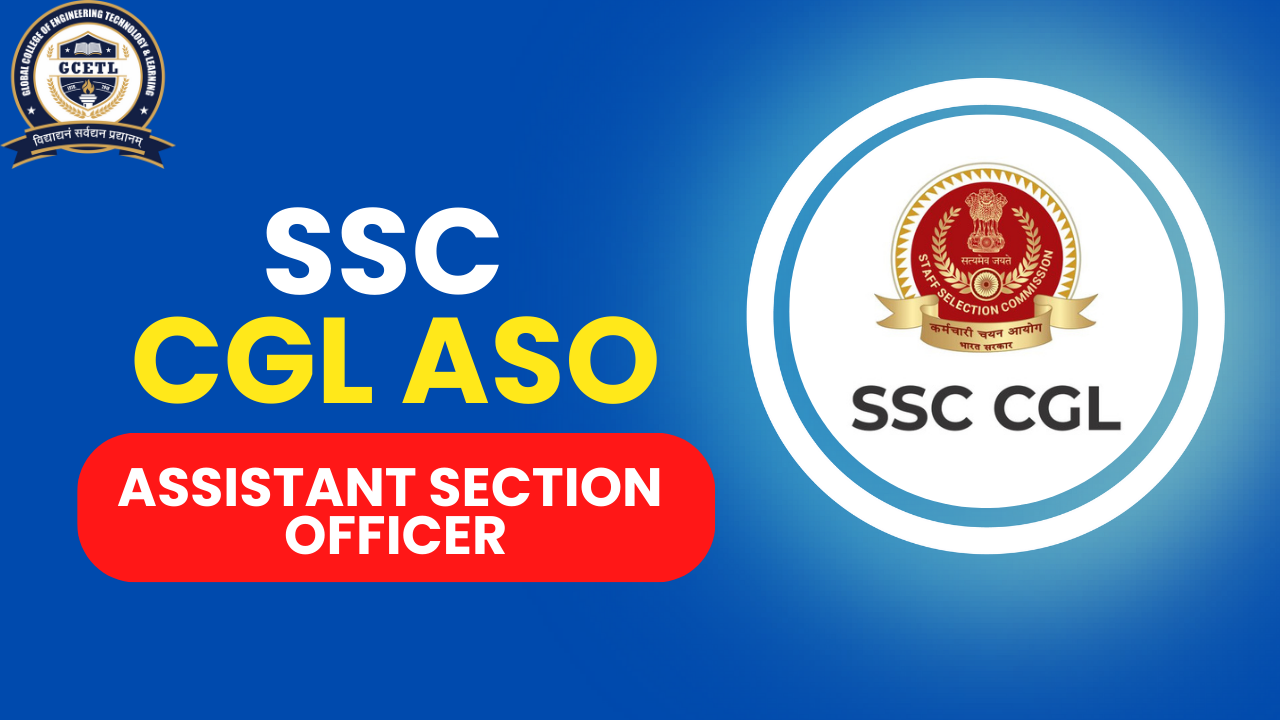
.png)
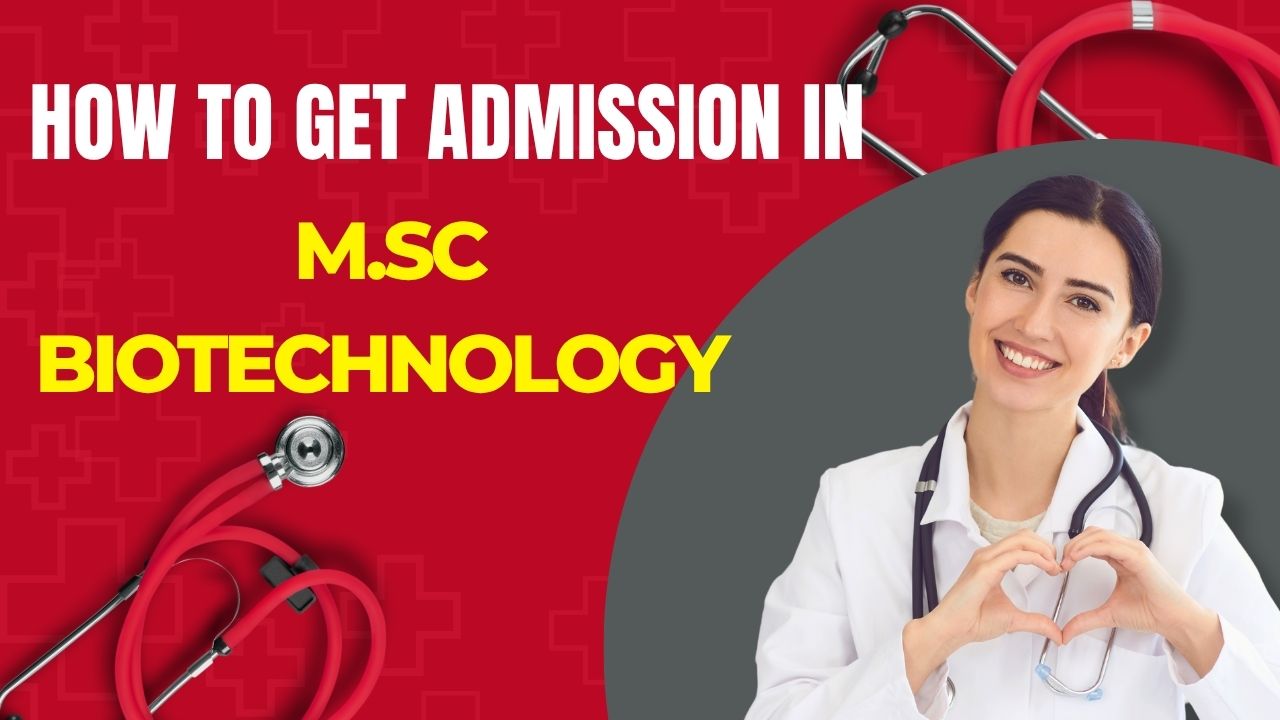







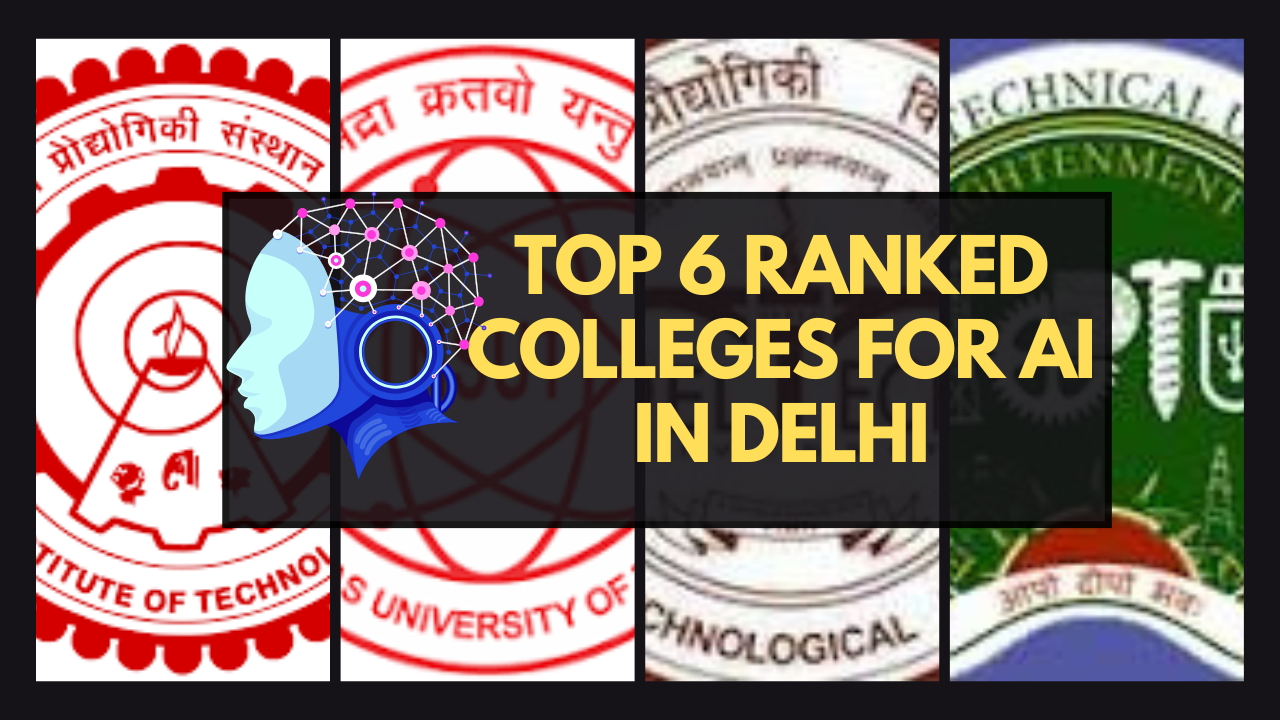


.jpg)


.jpg)




.png)







.png)

.png)




.png)

.png)
.png)



.png)

.png)


.png)

.png)


.png)

.png)

.png)
.png)

 (1).png)



.png)

.png)
.png)


.png)


.png)


.png)

.png)







.png)





.png)


.png)














.png)













.png)




.jpg)






.png)




.png)


.png)
.png)
.png)
.jpg)



.png)


.png)
.png)
.png)



.png)











.png)
.png)



.png)


.png)
.png)


.jpg)







.jpg)









.jpg)





.png)


.jpg)



Before venturing to seek career counseling, answer a few basic questions so we can connect you with our best expert counselor for personalised guidance and mentorship.
